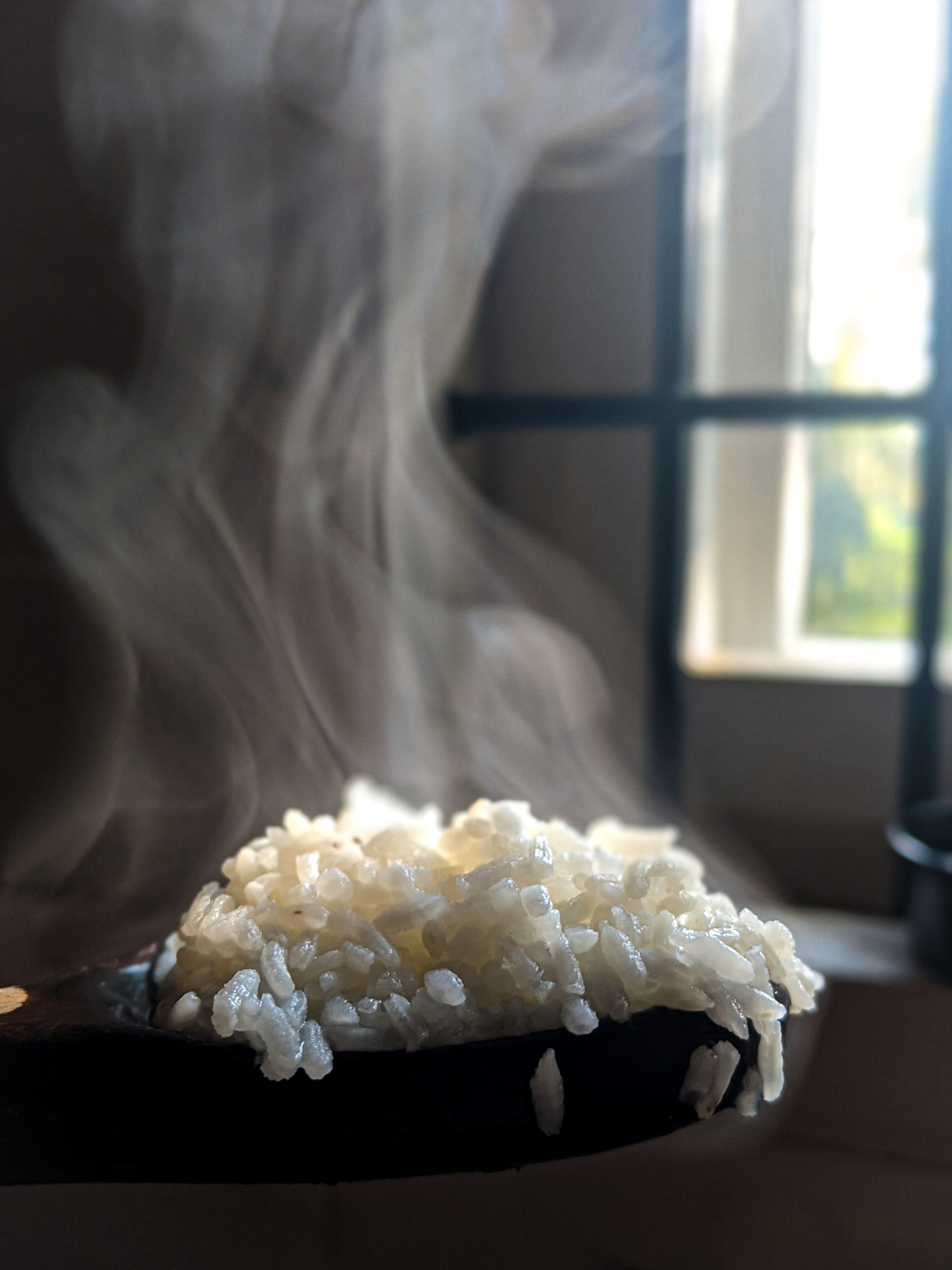Very Serious Risk Discovered With Eating Rice
If you’re a fan of rice and eat it with regularity, you might want to pay attention to this article.
If you feed rice to your child, then you’ll really want to pay attention to this.
A new study published by The Journal of American Medicine confirmed babies who have a diet consisting primarily of rice-based ingredients are likely to have higher levels of toxic arsenic in their system.
Parents beware!
Rice-based diets are some of the most popular for American children; after all, rice appears in quite a few formulas and infant meal replacements. This is especially the case as American parents have begun to learn about the harm dairy-based food formulas and foods can pose.
In a study of 759 infants, researchers found almost 80% of the subjects had rice in their diet. Because the babies had eaten a large amount of rice, the researchers wanted to see just how much arsenic was in their system…
What they found was staggering.
According to their reports, the researchers found infants who ate rice cereal had more than three times the amount of arsenic levels in their urine compared with the infants who ate no rice products of any kind.
That’s not good when you consider how harmful arsenic toxicity can be.
Arsenic is naturally occurring in ground water and in soil, so the fact arsenic is present in the rice you buy doesn’t necessarily have anything to do with the company providing it.
The problem is infants consume so much of it.
“Dr. Lolita McDavid, a pediatrician and medical director for Child Advocacy and Protection at UH Rainbow Babies and Children’s Hospital in Cleveland, said rice cereal is used to teach children — 4 to 6 months old — how to eat, but that parents concerned about arsenic can use other kinds of food as well.”
“The reason most of us start with rice cereal is it’s very, very rare to find a child who can’t tolerate rice,” McDavid explained. “You don’t have to have any cereal. You can just start the baby with [pureed] fruits and vegetables when they’re older,” she added.
It’s because of studies like this the FDA is making a move to help regulate the amount of inorganic arsenic appearing in infant rice products.
There’s a known association between arsenic in children and subsequent neurological disorders.
And according to the FDA, they’re making some pretty hasty moves to try and control how much arsenic makes it into what children are eating.
As they said:
“Our actions are driven by our duty to protect the public health and our careful analysis of the data and the emerging science,” said Susan Mayne, director of the FDA’s Center for Food Safety and Applied Nutrition, in a statement earlier this month. “The proposed limit is a prudent and achievable step to reduce exposure to arsenic among infants.”
Researchers say it’s OK to continue feeding children rice-based formulas and cereals until they come up with a clear recommendation on what arsenic levels are deemed to be threatening.
In my opinion, knowing rice poses a potential risk of carrying substantial ability to deposit arsenic in the body, I’d suggest feeding it to children sparingly.
Though the researchers said more study might be needed, if you can balance out your child’s diet with less rice (and no dairy), it certainly isn’t going to hurt anything.
Talk soon,
Dr. Wiggy
www.HealthAsItOughtToBe.com


